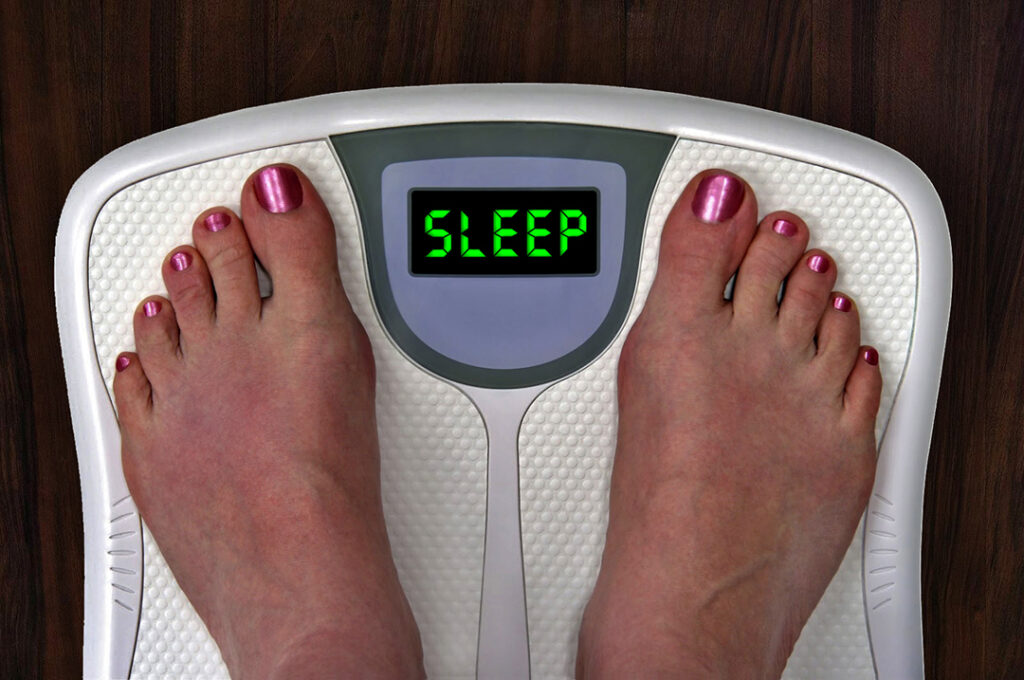How important is sleep in helping you lose weight or maintain a healthy weight? A study published in Nature this month sheds some light on how decreased sleep impacts our weight. It finds that sleep deprivation makes you physically cold and deregulates your appetite axis. The study took 9 men and had them sleep for only 3.5 hours for three consecutive nights followed by a 7 hour sleep recovery. They crossed them over with a normal sleep schedule. They measured energy expenditure, metabolism, hunger, hormones, and body temperature during the different periods.

Sleep Deprivation Does Not Slow You Down
The study found that total energy expenditure did not change during sleep deprivation. As a matter of fact, it increased by 2%. So in 24 hours you are essentially doing about the same work (i.e burning the same calories) but sleeping 3.5 hours less.This means that changes in expenditure (i.e being less active or having a slower metabolism) does not explain why we gain weight when we sleep less.
Decreased Sleep Lowers Your Body Temperature
I always wondered why I felt cold while doing my overnight call shifts and now I know. Not getting enough sleep turns down your thermostat for up to 48 hrs. A decrease in core body temperature does lead to small fat accumulation over time. It also likely makes it harder to get into a fat burning state. When your chronically sleep deprived these small thermoregulatory changes can add up to work against your ability to keep the weight off.
Sleep Deprivation Decreases Your Appetite Hormones
Two important appetite hormones PYY and GLP-1 decrease by 12-23% with sleep deprivation and PYY stays lower even after catching up on sleep. GLP-1 helps you feel full and PYY acts to reduce appetite. Hence, it is not surprising that people in the study had much higher hunger scores and harder time feeling full on 3.5 hrs of sleep.

The Weight of Your Brain
In this study, sleep loss leads to a decrease in core body temperature, PYY, and GLP-1 which translates into an increase in hunger, a decrease in fullness, and an increase in food intake and weight. What is interesting is core body temperature, PYY, and GLP-1 are all partly regulated in the hypothalamus adding to mounting evidence that increased weight or obesity may be caused by a neural-chemical imbalance. Hence, it is no surprise that in our fast-paced sleep-deprived world losing weight and keeping it off requires a nonstop cognizant and observant effort. This is what we are trying to build at Enara Health. Adding comprehensive sleep monitoring and coaching is definitely one of our top clinical priorities for late 2017.




